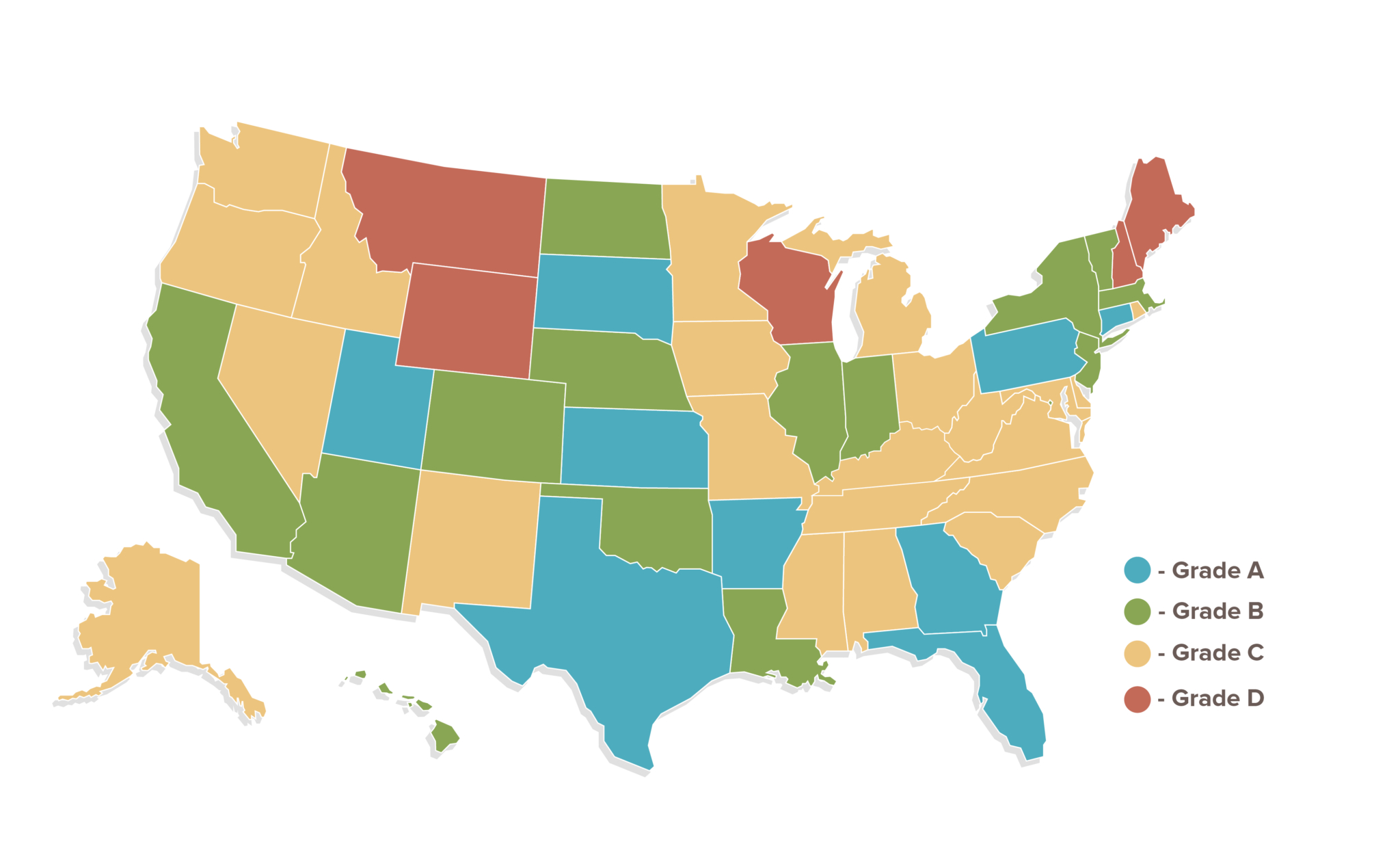Connecticut is a Leading State in Children’s Safety, Review of Cyber Laws Finds
/Connecticut is one of only nine states to receive an “A” grade in a review of laws and policies related to cyberbullying and sexting. Joining Connecticut at the top of the list were Arkansas, Florida, Georgia, Kansas, Pennsylvania, South Dakota, Texas, and Utah.
To grade each state, the website SafeWise looked at laws for both sexting and cyberbullying, with points were assigned to states based on the types of laws currently on the books and the consequences for violating those laws. If a state has a law proposed, partial points were granted. School policies and consequences were also factors. Letter grades were determined based on the total points, with higher points earning higher grades.
Connecticut was found to have laws that specify cyberbullying, consequences for online harassment, and schools discipline cyberbullying and discipline for off-campus offenses. In addition, Connecticut has laws addressing sexting and misdemeanor penalties for sexting.
Connecticut anti-bullying laws cover off-campus conduct outside of the school setting if such bullying (i) creates a hostile environment at school for the student against whom such bullying was directed, or (ii) infringes on the rights of the student against whom such bullying was directed at school, or (iii) substantially disrupts the education process or the orderly operation of a school, according to the website stopbullying.gov, a federal government website managed by the U.S. Department of Health and Human Services.
The site notes that Connecticut school districts must develop and implement a safe school climate plan to address the existence of bullying in schools and must appoint a district safe school climate coordinator responsible for implementing the district’s safe school climate plan.
Connecticut anti-bullying laws prohibit bullying based on any actual or perceived differentiating characteristic, such as race, color, religion, ancestry, national origin, gender, sexual orientation, gender identity or expression, socioeconomic status, academic status, physical appearance, or mental, physical, developmental or sensory disability, or by association with an individual or group who has or is perceived to have one or more of such characteristics.
The state’s Office of Legislative Research notes that Connecticut “has a law that makes sexting between certain teenagers a crime. This law addresses sexting between senders of child pornography, ages 13 to 15 years old, and recipients, ages 13 to 17 years old.” Violation of the teenage sexting law is a class A misdemeanor, ordinarily punishable by up to one year in prison, a fine of up to $2,000, or both. Teenage violators, however, are generally prosecuted through the juvenile justice system, thus receiving punishments appropriate for juvenile delinquents. This may include, among other things, a warning, fine, probation, or commitment to Department of Children and Families custody for up to 18 months with a possible extension.

































